Activism: Labor Rights
Ray Alexander (Simons)
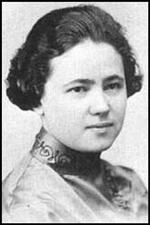
Anarchists, American Jewish Women
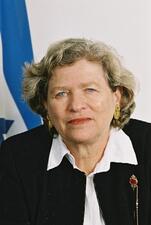
Elisheva Barak-Ussoskin
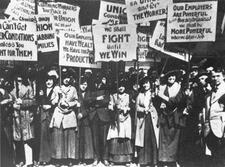
Dorothy Jacobs Bellanca
Born in Latvia before immigrating to Baltimore as a child, Dorothy Jacobs Bellanca was one of America’s most remarkable women’s labor leaders. An outstanding union organizer and a captivating speaker, Bellanca understood the problems of the working class—people of all genders, ages, and backgrounds—and sought to improve conditions for workers.
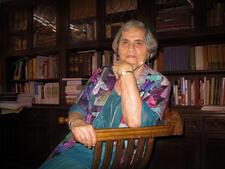
Ruth Ben Israel

Rahel Yanait Ben-Zvi
Rahel Yanait Ben-Zvi was the second First Lady of Israel, wife to President Yizhak Ben-Zvi. Before and after Ben-Zvi’s tenure, she was active in the labor movement in Palestine and Israel and in the independence movement, as well as a prolific writer and recorder of her experiences in Erez Israel.
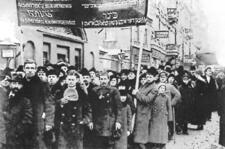
Dina Blond
As chairwoman of the Bundist women’s organization Yidisher Arbeter Froy, Dina Blond was one of the most prominent representatives of the Jewish labor party in interwar Poland. At the same time, she was also one of the best-known Yiddish translators of her day.

Alice Goldmark Brandeis

Women in the Bund
Jewish women played leading roles in the formative years of the General Jewish Workers’ Bund, which was established in the Tsarist Empire in 1897, and initially participated in the movement in large numbers. However, the Bund had somewhat less success in mobilizing women in independent Poland between the two world wars than it had during the Tsarist era.
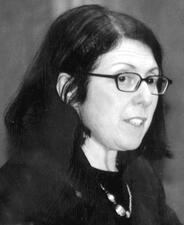
Canada: From Outlaw to Supreme Court Justice, 1738-2005
The positive aspect of the Canadian mosaic has been a strong Jewish community (and other communities) which nurtured traditional ethnic and religious values and benefited from the talent and energy of women and men restrained from participation in the broader society. The negative aspect has included considerable antisemitism and, especially for women, the sometimes stifling narrowness and conservatism of the community which inhibited creative and exceptional people from charting their own individual paths.

Fannia M. Cohn
Fannia M. Cohn was one of the leading Jewish women trade union activists in the United States. Drawing on her Russian Jewish cultural traditions, she pioneered the development of educational programs within the International Ladies Garment Workers Union (ILGWU).
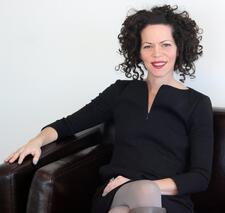
Stosh Cotler
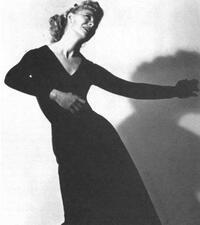
Modern Dance Performance in the United States
Jewish immigrants to the New World brought with them their ritual and celebratory Jewish dances, but these traditional forms of Jewish dance waned in the United States. Working-class and poor Jewish immigrants parents sought out culture and education in the arts for their children, often as a vehicle for assimilation. Jewish women were particularly attracted to the field of modern dance.
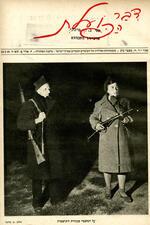
Devar Ha-Po'elet
Devar ha’Po’elet, the magazine of the women worker’s movement, was founded in 1934 by Rahel Katznelson-Shazar, a prominent activist of the Council of Women Workers. The magazine was intended as an educational tool, through which the movement aimed to communicate the essential characteristics of the new Hebrew woman.
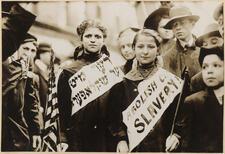
Eastern European Immigrants in the United States
Forty-four percent of the approximately two million Jewish immigrants who arrived in the United States between 1886 and 1914 were women. Although these women were more politically active and autonomous than other immigrant women, dire economic circumstances constricted their lives. The hopes these immigrant women harbored for themselves were often transferred to the younger generation.
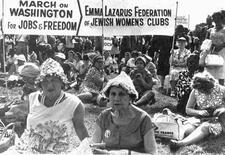
Emma Lazarus Federation of Jewish Women's Clubs
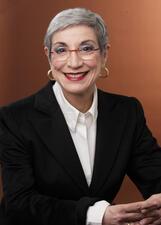
Sandra Feldman
Sandra Feldman dedicated her career to protecting the rights of educators as the first woman president of both New York City’s Union Federation of Teachers (UFT) and the American Federation of Teachers (AFT).
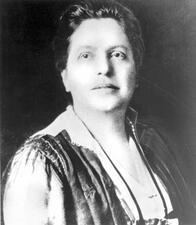
Feminism in the United States

Rose Finkelstein
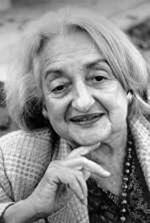
Betty Friedan

Esther Frumkin
Esther Frumkin was the pseudonym of the Jewish educator, writer, and socialist-turned-communist Malkah Lifchitz. Active in the Russian and later Soviet leftist political scene in the early twentieth century, Frumkin was an independent thinker and a unique woman in the Jewish labor movement. However, she drew criticism from both Jewish and Communist leaders and died in a Soviet detention camp in 1943.
Helene Gans
Ruth Gay
Through her writing, Ruth Glazer Gay captured an engaging view of the Jewish community, both past and present. As a writer, journalist, and archivist, she demonstrated throughout her life the possibility of having an intellectually vibrant career while still accommodating marriage and motherhood.

Melissa Gilbert
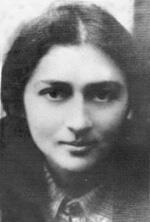
Mire Gola
A passionate idealist, Mire Gola organized anti-German resistance in World War II as a Communist in occupied Poland. She inspired others with her eloquent poetry and her fortitude through imprisonment and torture.


